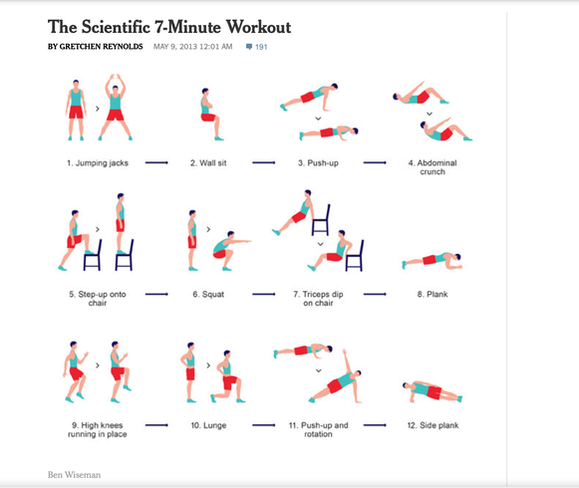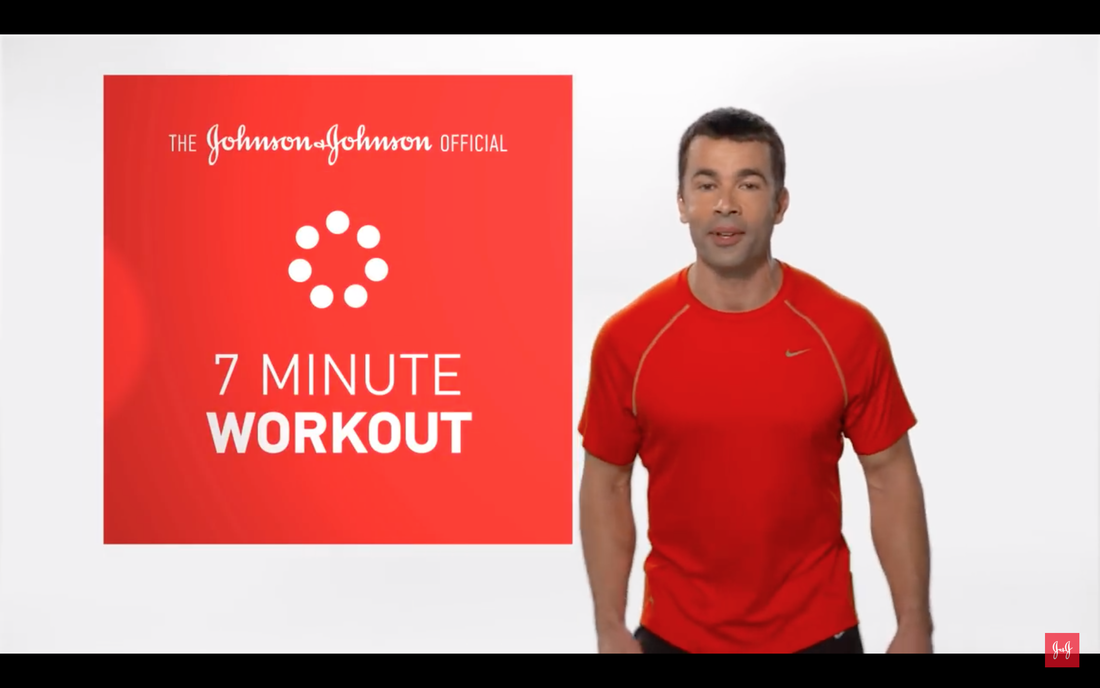Posts
My hope with these posts is to empower others. I want to share my interests: those things that enthrall me and I think will interest you. The posts are not meant to give medical advice, but is meant simply to share the information related to health, wellness and longevity that I find fascinating right now. The first four posts starting October 2019 are the foundation for my lifestyle medicine practice.




 RSS Feed
RSS Feed